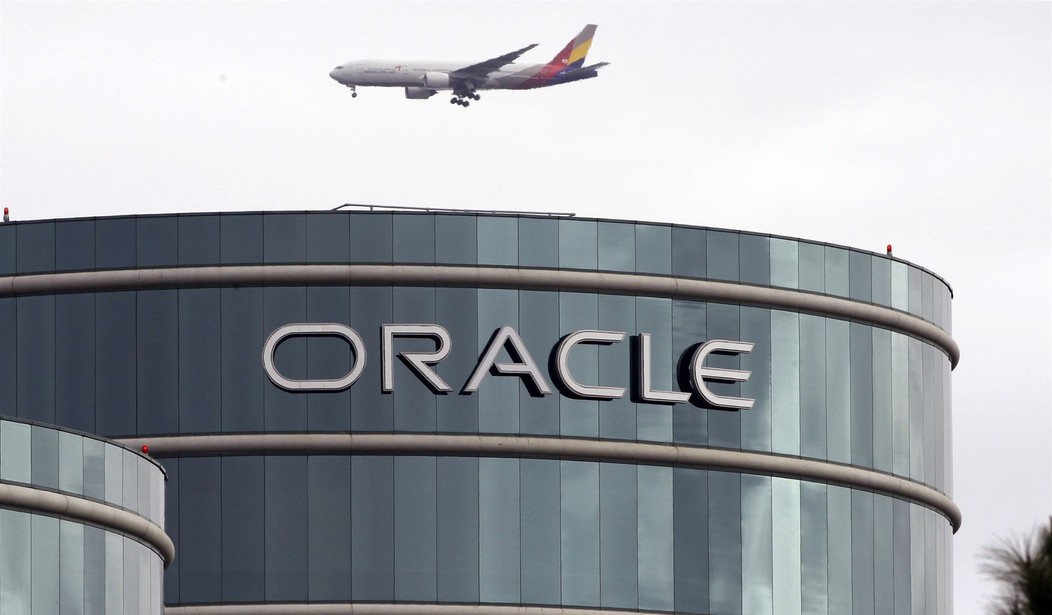The high-profile Supreme Court case between tech giants Oracle and Google has kicked into high gear. Last week the Supreme Court received over 30 filings in support of Oracle, from luminaries in law and technology, prominent former Members of Congress, and even the Trump administration. This is especially noteworthy because the Obama administration also supported Oracle’s position in a previous filing.
The case arises from Google’s copying of 11,500 lines of Oracle’s computer code, known as “declaratory code,” to use in the Android platform. Google is using this litigation as an opportunity to argue for narrow intellectual property rights and overbroad exceptions to those rights. But they’ve overplayed their hand to such an extreme that their arguments actually contradict each other.
As a rule, computer code is protected under copyright law as a literary work – like a book or a poem. Google argues that Oracle’s code should be denied the usual protection because it has become so popular that it is effectively an industry standard that would only function if Google copied it exactly. They go to great pains to emphasize this point over and over. In the brief Google filed with the Supreme Court, they insisted: “those were the only instructions that could perform their functions”; “no other instructions can perform the declarations’ function”; and so Google asserts their copying was “mandatory.” The kicker is that after all that, Google turns around and insists their exact copying was “transformative.”
The transformative use doctrine is part of the “fair use” defense in copyright law. Fair use is a balancing test, designed to facilitate nonprofit, educational uses as well as other socially beneficial uses such as criticism, commentary, news reporting, and so on. Google is one of the world’s largest companies. It is worth over $1 trillion and its Android platform has generated $40 billion in revenue. So they know they need some help with a fair use claim.
Recommended
The Supreme Court ruled a use is transformative if it “adds something new, with a further purpose or different character, altering the first with new expression, meaning, or message.” Google spills a lot of ink trying to dance around this but cannot escape the obvious: they’ve painted themselves into a corner. Having not only admitted, but insisted their copying was verbatim and that the copied code performs exactly the same function in Android, they’re asking the Supreme Court to expand dramatically what qualifies as transformative and thus the scope of fair use.
In fact, Google’s arguments on both points are unconvincing. In claiming they had no choice but to copy Oracle’s code, Google never mentions that Android’s competitors, Apple’s iPhones and Microsoft’s Surface devices, operate on software platforms that did NOT copy Oracle’s code. Nor do they acknowledge Oracle offers licenses for the use of their code, which many other companies have accepted, but which Google refused. Google copied Oracle’s code anyway and did nothing more than use it for the same purpose and character, with no new meaning or message. The most Google can say is they wrote their own code around what they copied, but that was consumptive, not transformative.
The reality of what happened is Apple surprised Google with the revolutionary iPhone and Google had to scramble to catch up. Now that they’re being called out for copying Oracle’s copyrighted works, they’re employing contradictory arguments to try to justify their actions and weaken copyright law. The Supreme Court should see through all this and sustain effective copyright protection as the driver of creativity, expression, and economic growth.
























Join the conversation as a VIP Member